Meeting the Growing Demand for Heavy Equipment Rental in 2025
As the fiscal landscape evolves and industries adapt to new challenges and opportunities, the demand for heavy equipment rental is poised to reach unprecedented heights by 2025. This trend underscores a significant shift in how construction companies and other industries manage their operational requirements. With an increasing focus on cost efficiency and sustainability, businesses are leaning more toward renting heavy machinery rather than owning it, ensuring they remain agile and competitive in a fast-paced market.
How Construction Growth Fuels Rental Demand
One of the key drivers behind this surge in heavy equipment rental demand is the burgeoning construction industry. As urbanization continues to accelerate across the globe, infrastructure projects are on the rise. Cities are expanding, highways are being built, and large-scale commercial projects are breaking ground at an increasing rate. This growth necessitates a robust supply of equipment that can be accessed with flexibility, a requirement that the rental industry is uniquely positioned to meet. By opting to rent instead of buy, companies can tailor their equipment usage to each project's specific needs without incurring the burdens of long-term ownership.
Additionally, construction firms are often faced with fluctuating project demands. Renting equipment allows them to quickly scale up or down based on the current workload, avoiding unnecessary capital investments that could become financial liabilities during slower periods. This adaptability is particularly valuable in an industry where project timelines and equipment needs can change rapidly.
Why Equipment Rental Offers Financial Advantages
The financial appeal of renting heavy equipment cannot be overstated. Renting allows companies to shift significant portions of their capital expenditures to operational costs. This flexibility in financial planning is crucial for maintaining cash flow, particularly for small to mid-sized companies that may not have the financial robustness to purchase equipment outright. Moreover, renting eliminates the depreciation costs associated with equipment ownership, thus improving financial statements and overall profitability.
Maintenance costs are another major factor. When a company owns heavy equipment, ongoing maintenance, repairs, and storage add up to significant expenses. By renting, businesses can eliminate these concerns, as most rental agreements include maintenance services, ensuring that machinery remains in top operational condition without the added burden on the company's internal resources.
Why Equipment Rental Supports Environmental Sustainability
Beyond financial and operational flexibility, environmental considerations are pushing companies toward equipment rental. Owning heavy machinery entails significant environmental costs, including carbon emissions from manufacturing and potential underutilization leading to wasted resources. In contrast, the rental model promotes more efficient use of equipment, reducing the environmental footprint by ensuring machinery is operationally engaged rather than sitting idle.
Sustainability initiatives are becoming more prevalent across industries, with businesses seeking ways to lower their carbon footprint and meet regulatory standards. Renting equipment aligns with these goals by reducing the need for overproduction and excessive resource consumption. Additionally, many rental companies are investing in eco-friendly machinery, such as electric or hybrid construction equipment, providing businesses with sustainable alternatives to traditional diesel-powered models.
What the Future Holds for Heavy Equipment Rental
The scalability offered by equipment rental is indispensable in today's market. According to The Business Research Company, the construction equipment rental market is anticipated to reach $110 billion in 2025. This robust growth highlights the industry's ability to meet diverse demands across different sectors, from small-scale projects to massive infrastructure undertakings. Equipment rental companies are continuously expanding their inventory and variety of equipment to cater to these wide-ranging needs, ensuring availability at any scale and for any duration.
The trend toward rental over ownership not only meets current industrial demands but also sets a precedent for future growth and innovation in the equipment rental sector. As industries strive to increase efficiency, reduce costs, and adhere to sustainability mandates, renting heavy equipment emerges as a compelling solution. Companies that adopt this model will likely enjoy a competitive edge, securing their place in an increasingly dynamic market.
Why You Should Partner with Coulee Rentals and Sales
If your business is looking for reliable, cost-effective, and high-quality heavy equipment rental options, Coulee Rentals and Sales has you covered. With a wide range of well-maintained machinery, expert support, and flexible rental terms, we provide the solutions you need to keep your projects moving forward efficiently. Contact us today to explore our equipment options and see how we can help you stay ahead in 2025 and beyond!
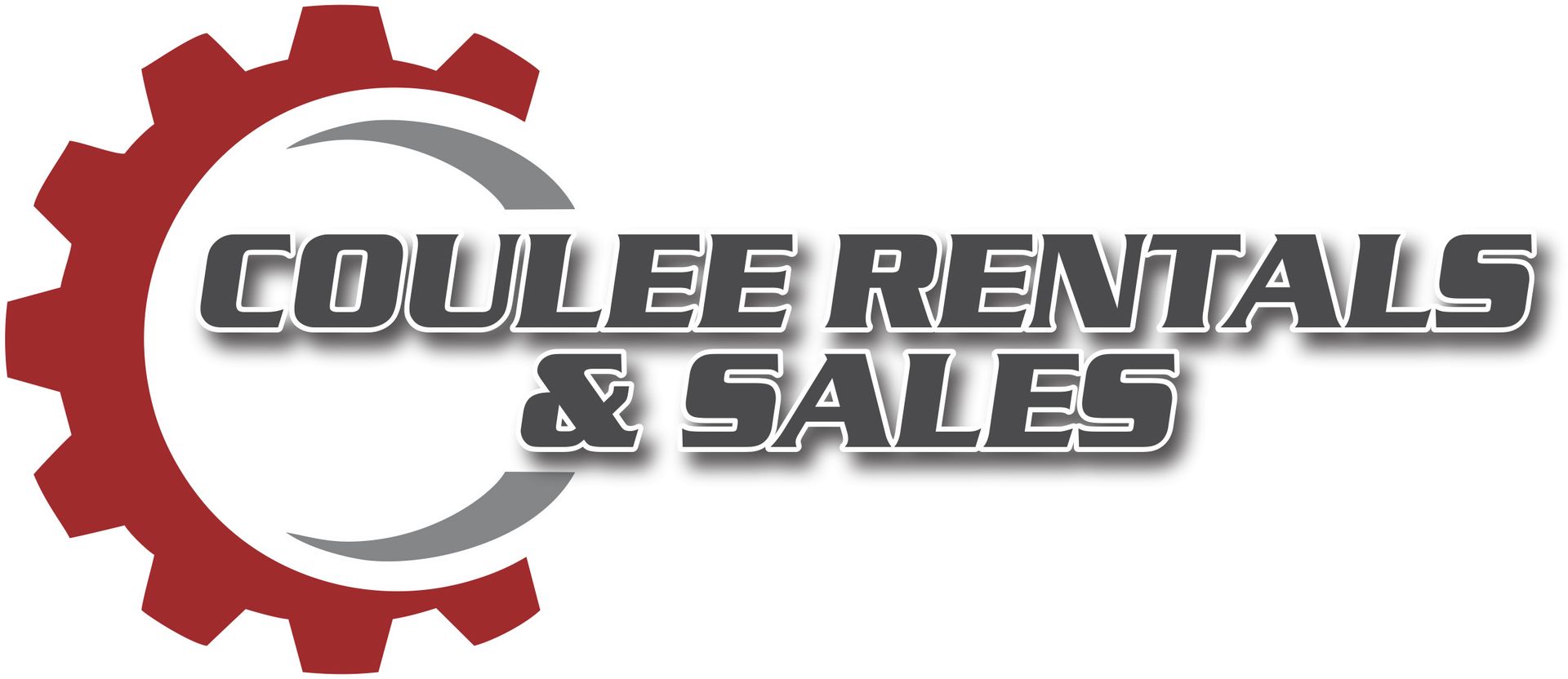
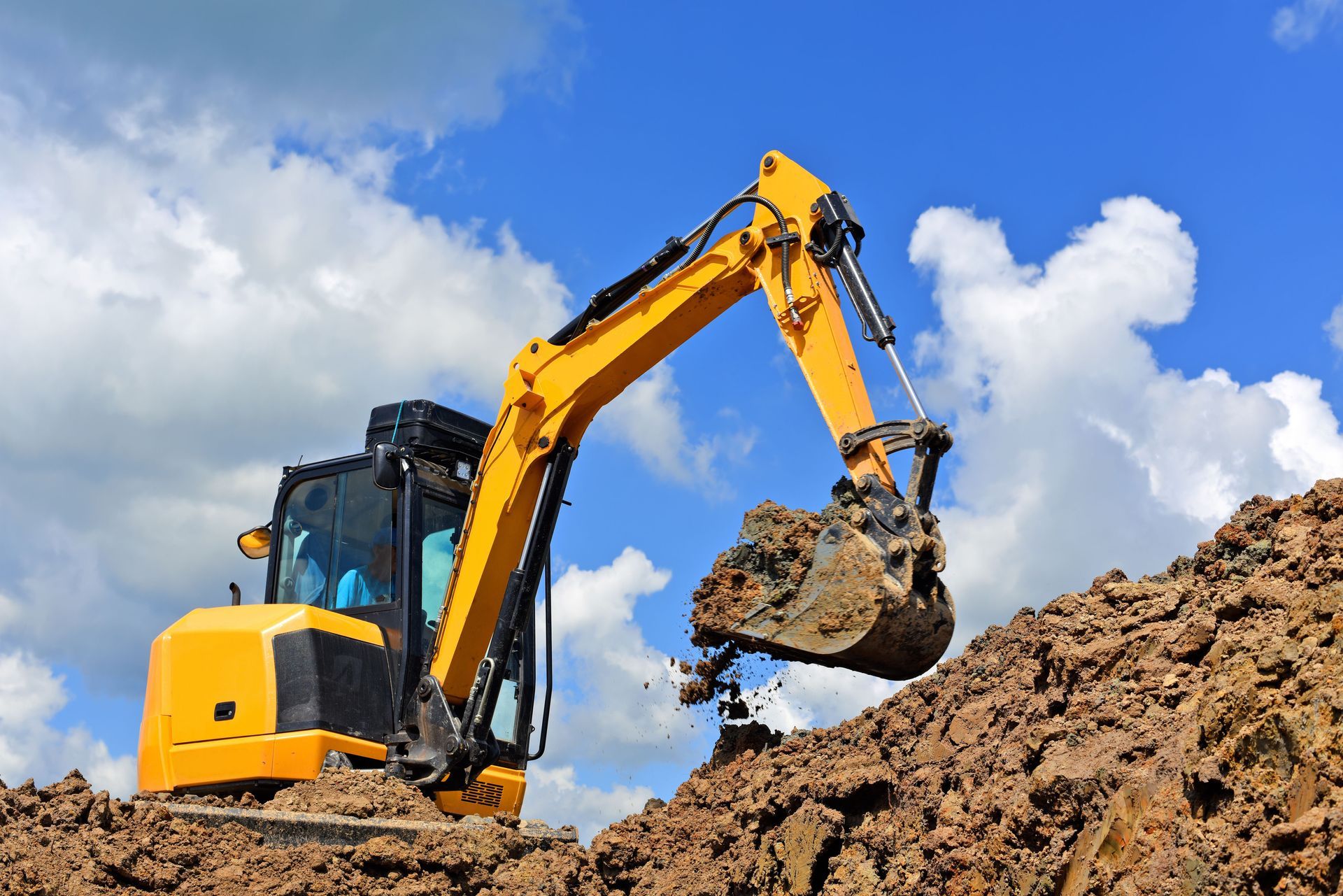
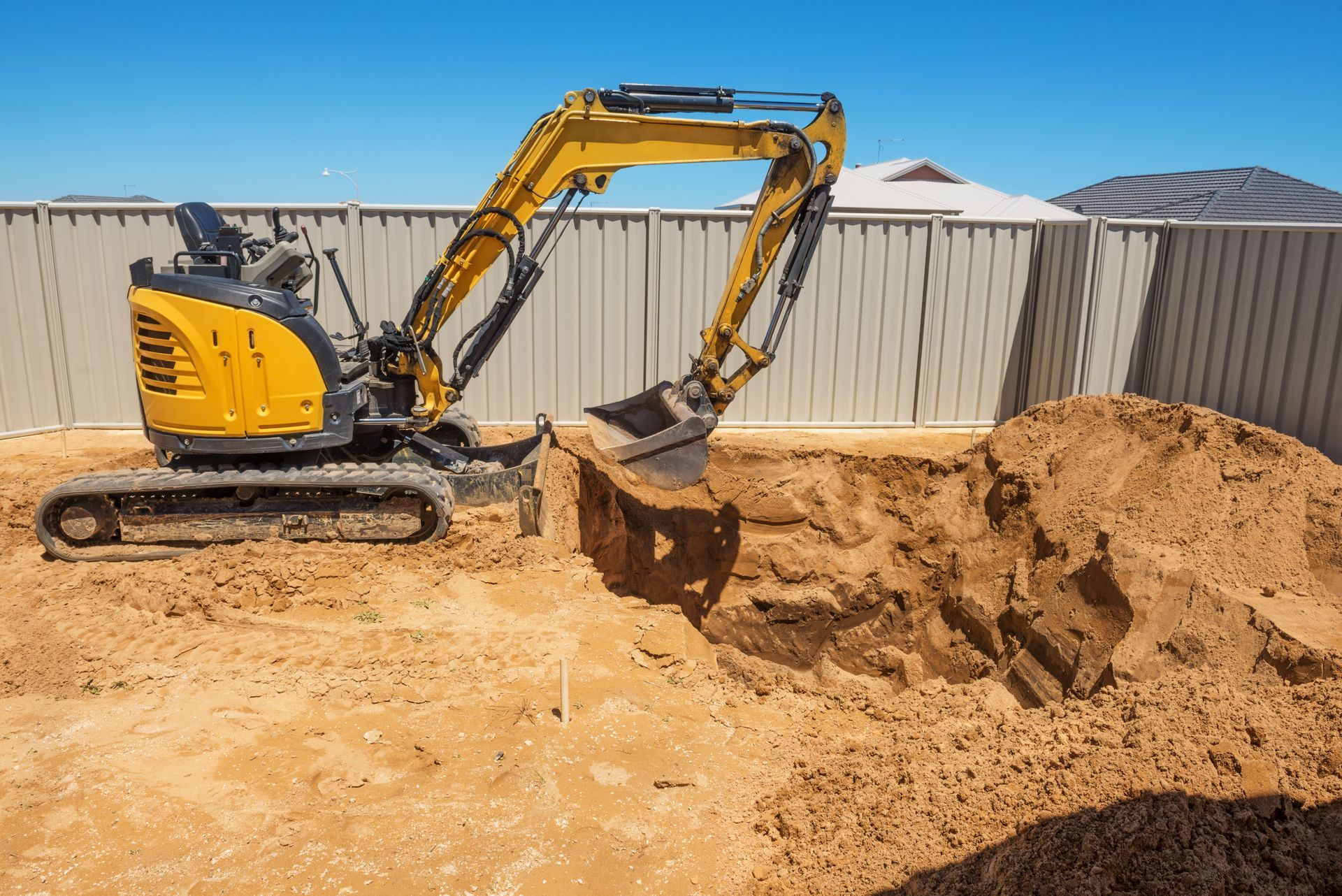
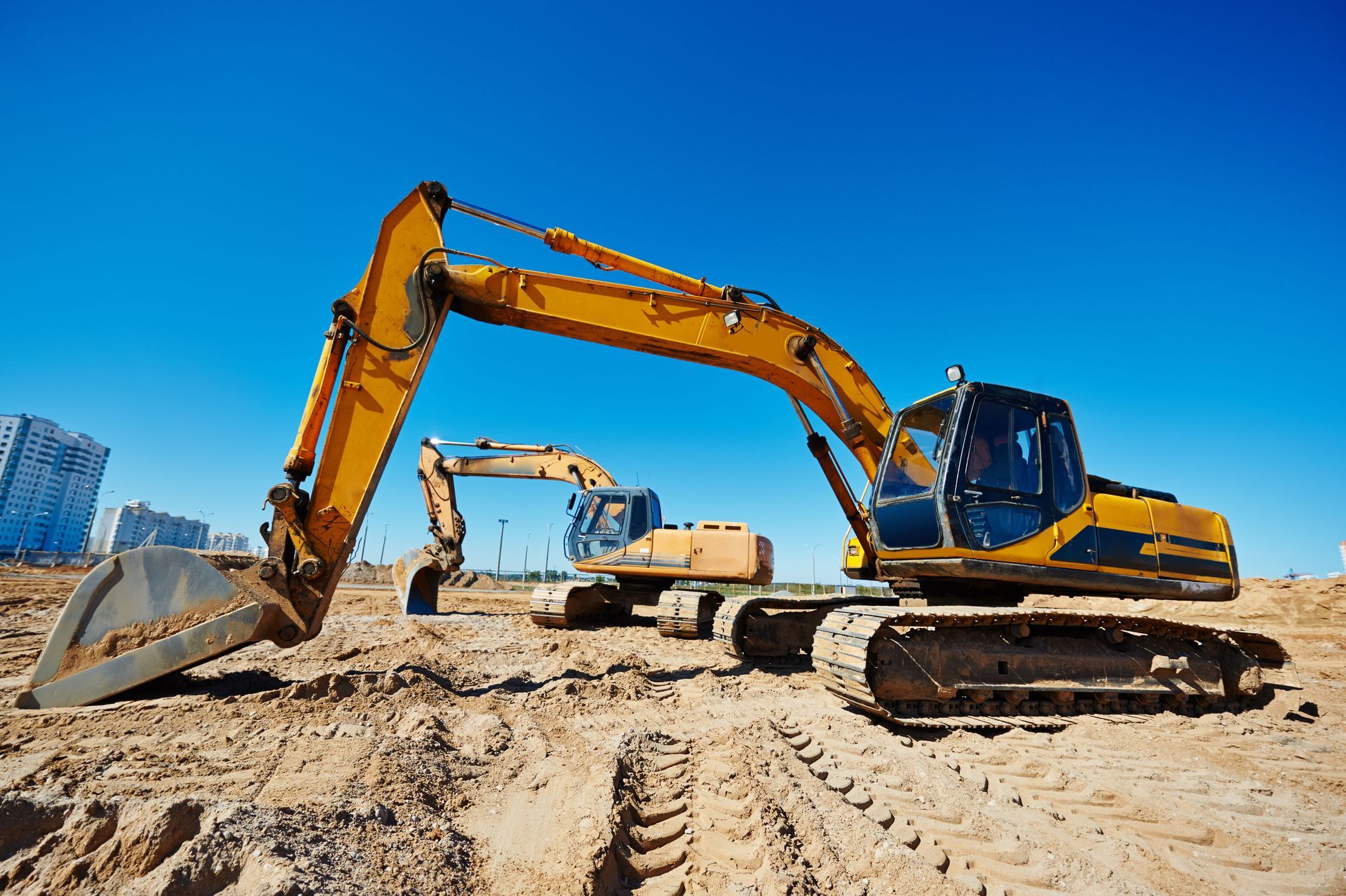
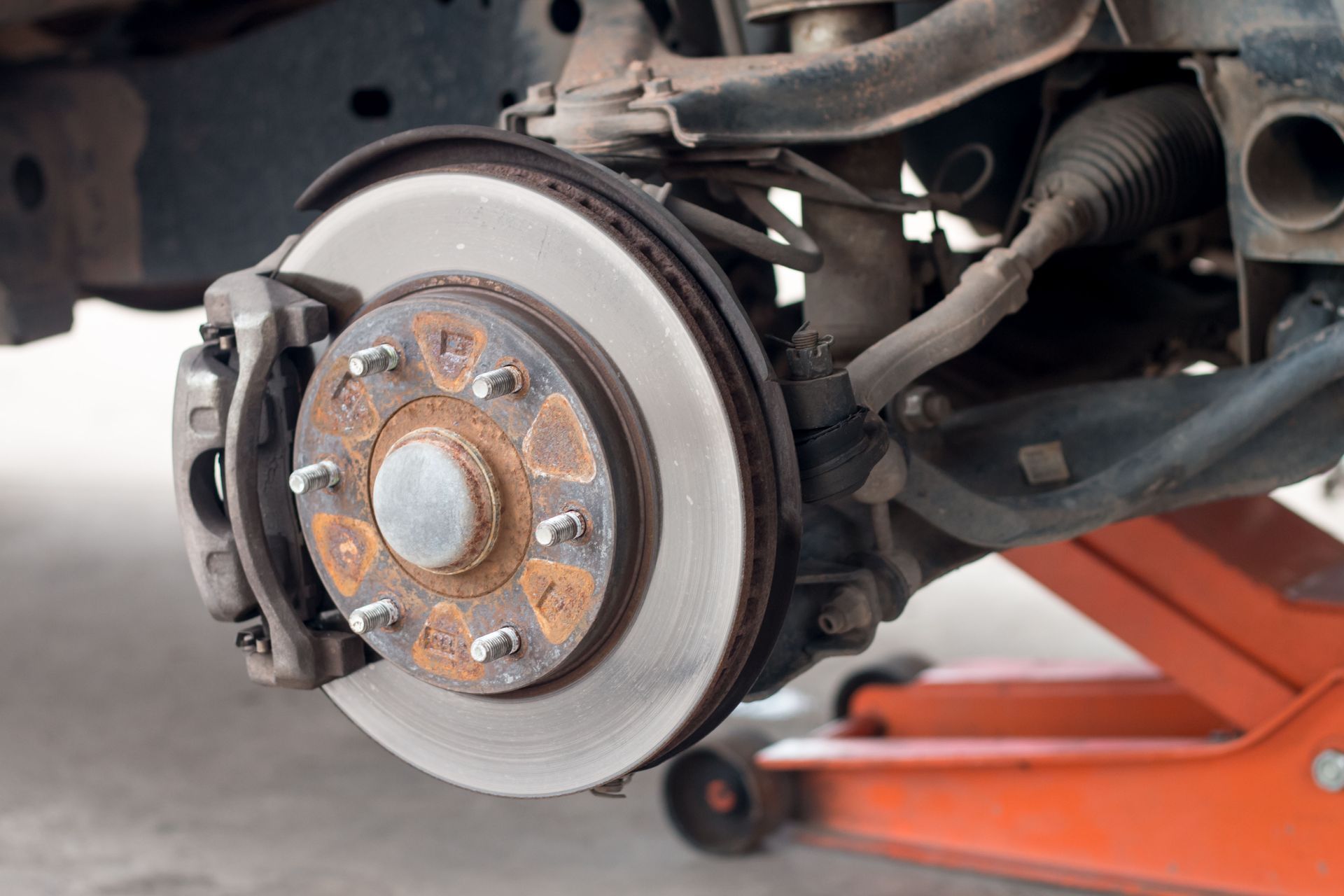
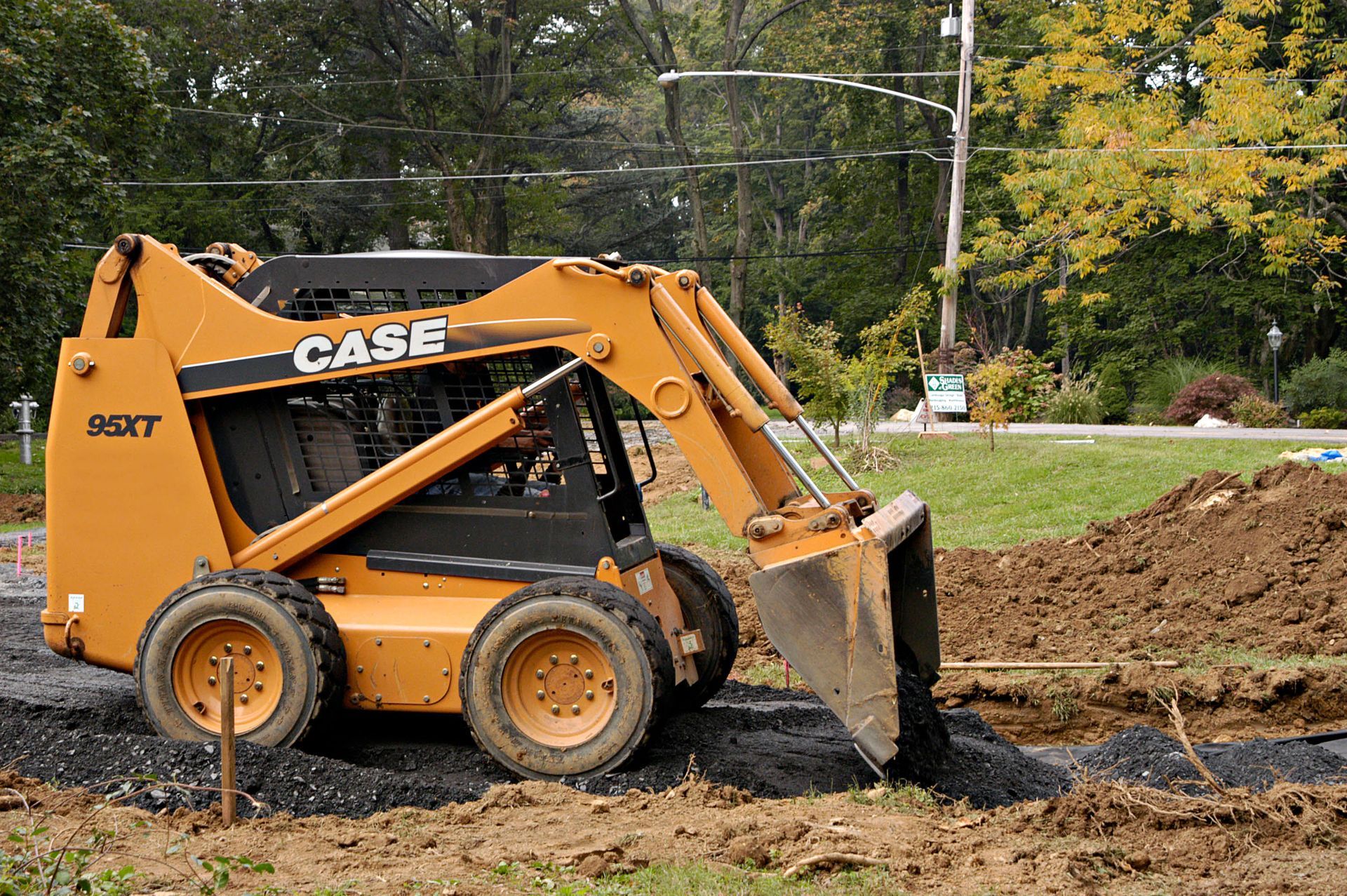

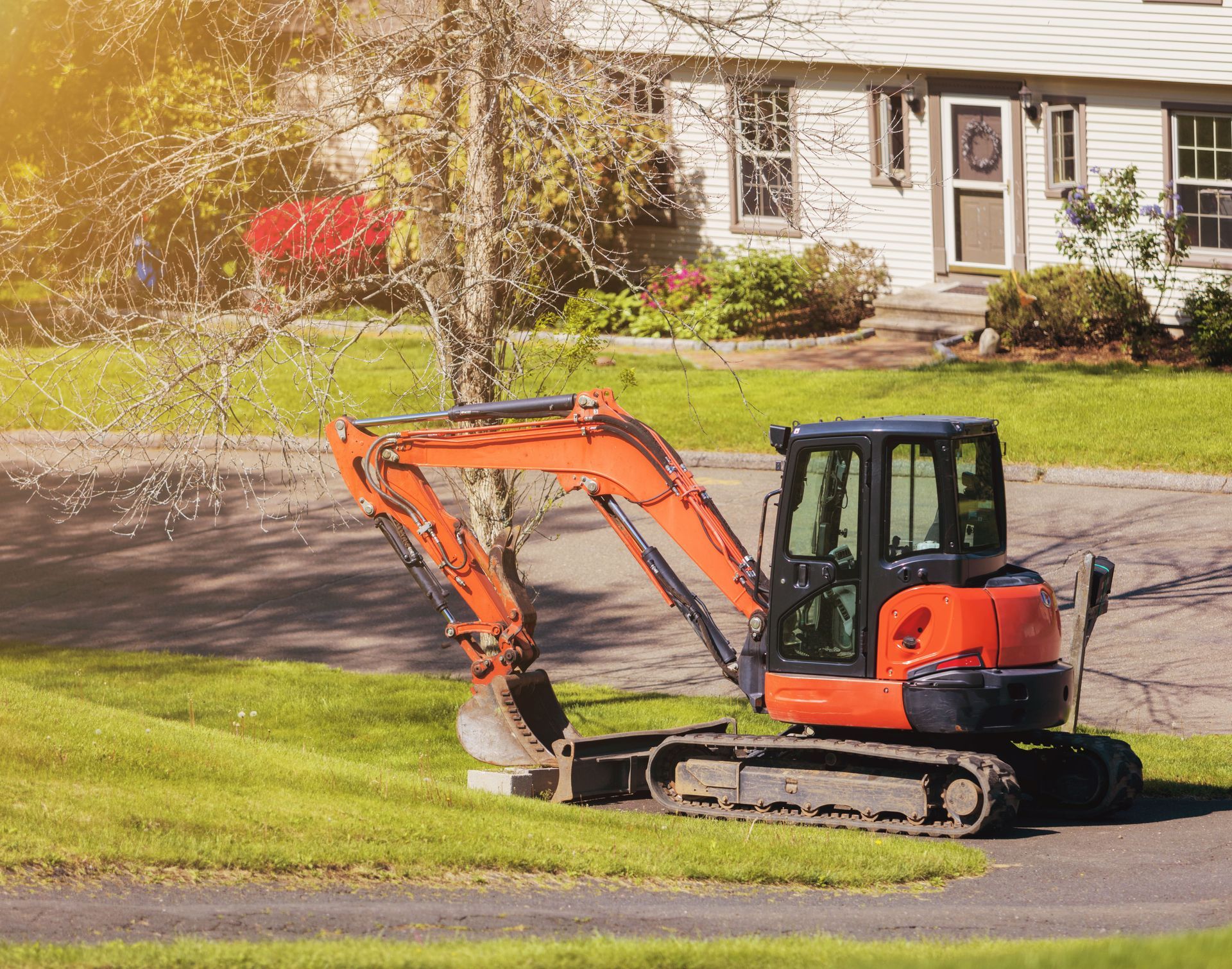
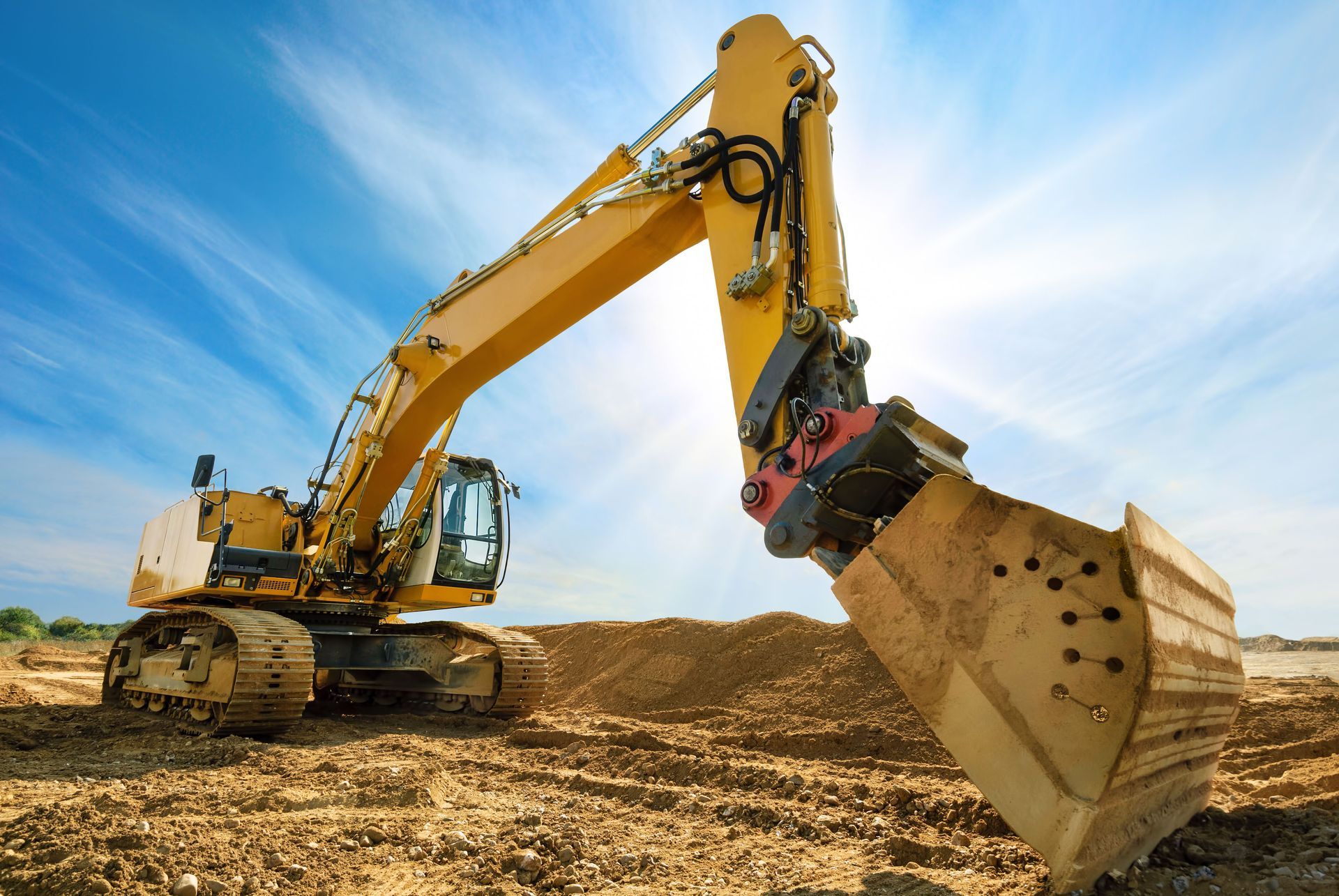
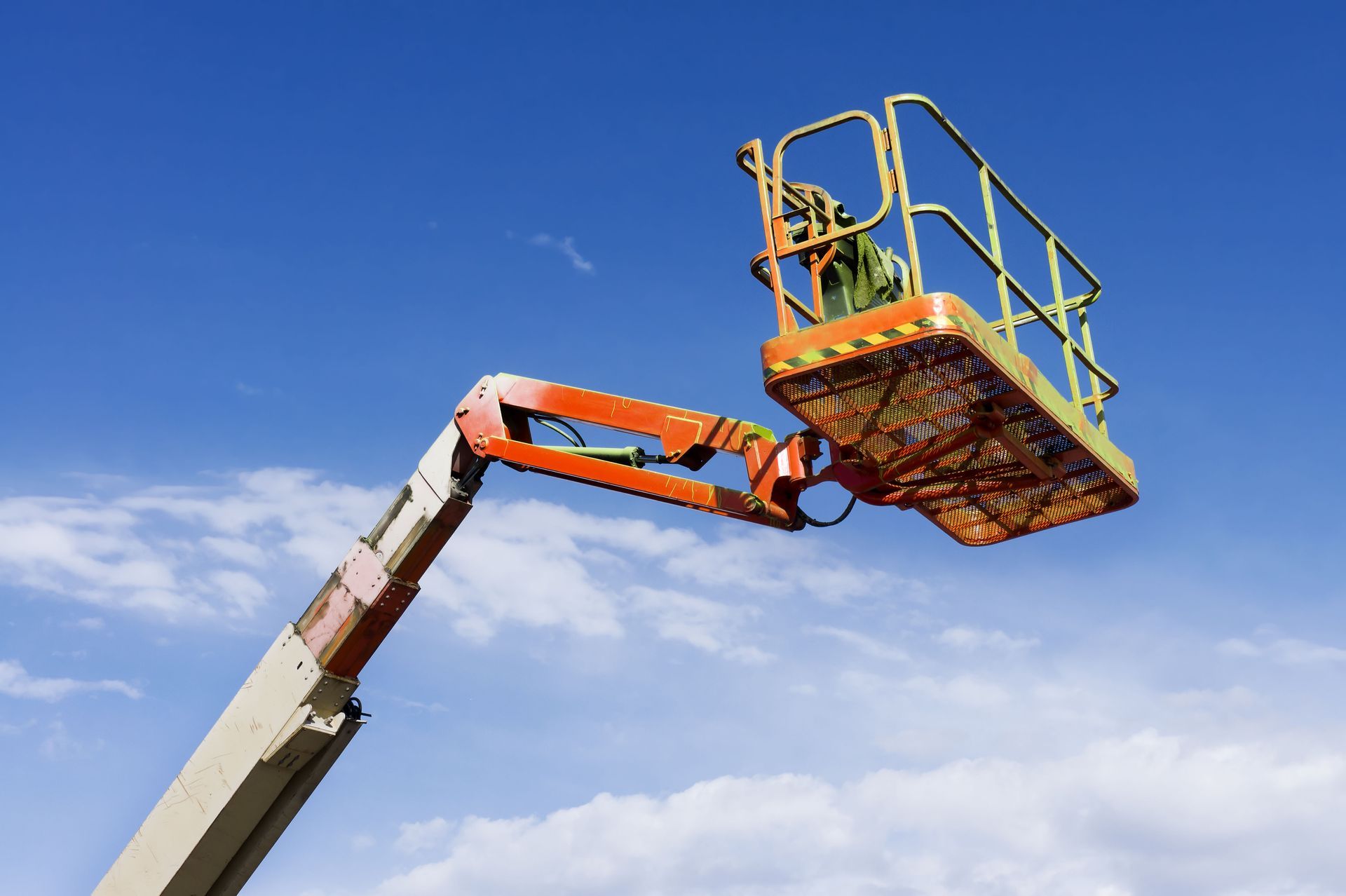
Share On: